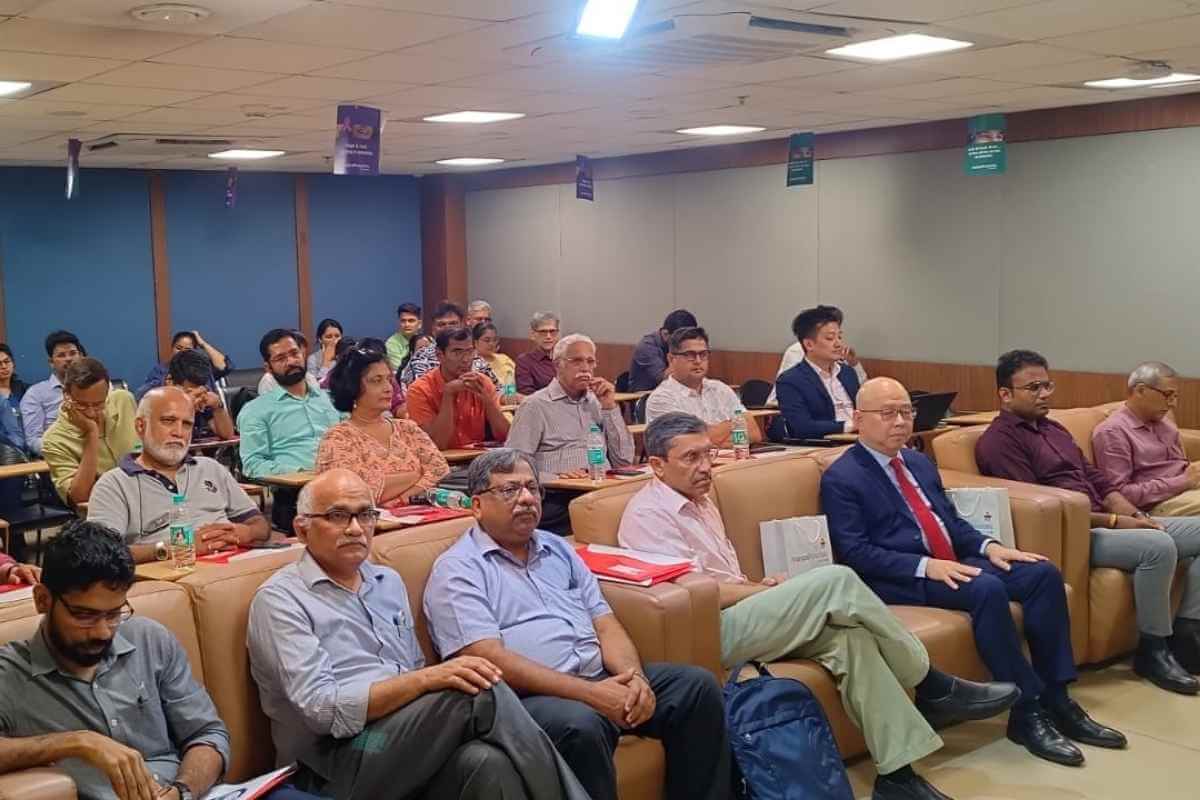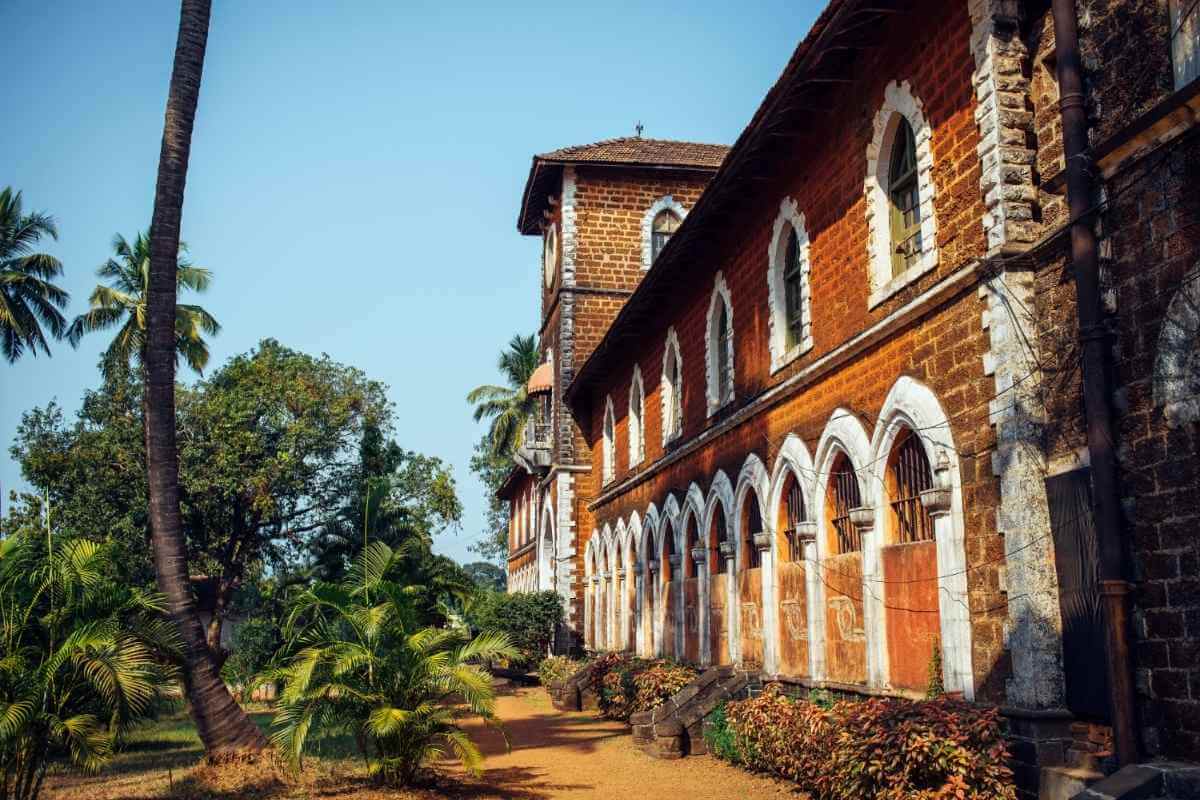The decision of ASI (Archaeological Survey of India) has created a wave of controversy across the state of Goa and many Goans have not welcomed the decision of ASI to register the private antiques within the time frame of 15 days. The real reason behind the decision of the ASI is not yet known, but not many Goans are happy about the same as most of them owns a huge amount of antiques in their several hundred-year-old Portuguese Houses, and it is practically impossible to register each and every item with the ASI.
Some calling it scam while others are terming it as an attempt to destroy our heritage and inheritance. overall Goans are very reserved by nature and they are feeling this new development is an intrusion of their private properties.
The renowned Goan fashion designer Wendell Rodricks, who owns a house that is nearly 200 hundred years old wrote in a Facebook post an open letter to ASI condemning their act saying it is impractical and not acceptable. In Fact, he also wrote in one of his comment to the post on his wall saying that he is not going to register his property with the ASI.

Goa being a sunshine state, also boasts of a rich and cultural heritage right up from the times it was ruled by kings till it was under the Portuguese rule. Many people all over the state have grand old houses some of which are museums and have a number of artifacts, antiques, old coins, wooden sculptures and the like.
The Government is now planning to get all the antiques belonging to individuals, private museums, and antique dealers in the state registered as part of a nationwide campaign The Archaeological Survey of India (ASI), Goa circle, has commenced a 15-day campaign to register antiques in private collections.
ASI Goa’s superintending archaeologist Izhar Alam Hashmi said that the registration will help keep a record of the priceless treasure from Goa’s rich and historic past for all future generations.
Individuals and private institutions have a rich collection of antiques, but many citizens and the government are in the dark about them. An antique be it a coin, sculptures of wood, stone and other materials, manuscripts, and art objects like paintings, will have to be registered under Section 14 (3) of the Antiquities and Art Treasures Act, 1972. Antiques of a lesser vintage can also be registered.
The ASI official stated that an internationally acclaimed painter’s work can be certified as an antique to protect it from reproduction and theft. A government-appointed committee will examine the artifacts to verify their authenticity while ASI’s office at Old Goa will be in charge of the registration process. People dealing in the sale of artifacts will also be asked to register.
Heritage lovers have been complaining about the thefts of antiques from Goa, as many places of worship have reported the theft of sculptures and artifacts in the past. Even trafficking of antiques from Goa has been reported to the ASI.
Hashmi stated that registration will help prevent loss and theft of such antiques which are rare and will only add to the rich cultural heritage of the State. ASI will also hold exhibitions of the privately-owned antiques which will enable owners to showcase their artifacts to the public.
The Vice-Chairperson of Goa Heritage Action Group Prajal Sakhardande feels that though the registration process is a good move and will provide a legal tag to antiques, the process should not be complicated and private owners shouldn’t be forced to register their antiques.

The Antiquities and Art Treasures Act, 1972, envisaged preservation and conservation of art objects for better appreciation of India’s cultural heritage. As per Section 14 (3) of the Act, every person who owns controls or is in possession of any antiquity specified in the notification issued under sub-section (1) will have to register such antiques before the registering officer.
While on the one hand, this is a good move on the part of the Government, many people are of the opinion that 15 days is too less a time to register all their antiques and artifacts.
Private homes like Menezes Braganza in Chandor or the Figueredo House in Loutolim will literally take months given the number of priceless artifacts and antiques owned by them.
Places like Old Goa which have a vast treasure trove of books, vestments, chandeliers, paintings and even temples in Goa will take almost a year to count their statues and artwork.
Many Goans who own antiques also live and work abroad and it would be impossible for them to come down and file their antiques in two weeks. It will be a herculean task for people to list out each and every item considered as antiques and then get them registered.
No doubt it’s a good initiative on part of the Government to get antiques of the State registered, but an extension of time would be helpful to private museums as well as owners of heritage homes.
Source: TOI

























